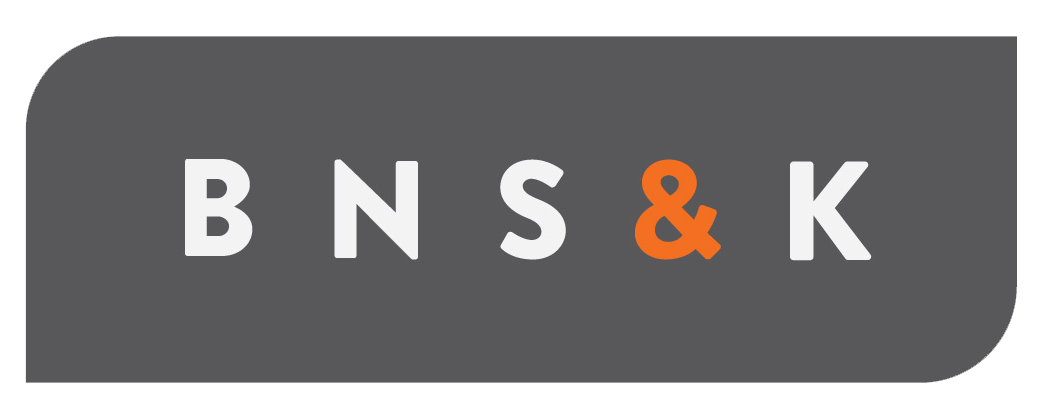As the Delaware Supreme Court noted in Delaware County Employees Retirement Fund v. Sanchez (2015 Del. LEXIS 472), pleading facts to support an inference of a non-disinterested director for purposes of demand futility is difficult. However, because the allegations must be considered in the entire context and most favorably to the plaintiff under Rule 23.1, the Court of Chancery erred dismissing the complaint.
The case involved a transaction between a private company held by the family of defendant A.R. Sanchez, Jr. – Sanchez Resources, LLC (the “Private Company”), and a public company – Sanchez Energy Corporation (the “Public Company”), in which the Sanchez family constituted the largest stockholder. The challenged transaction was a $78 million payment from the Public Company to the Private Company for (1) the buyout of private equity investor interests, (2) the acquisition of interests in certain Private Company properties, (3) the facilitation of the joint production of property, and (4) cash payment. The Plaintiffs alleged the transaction resulted in gross overpayment and unfairly benefited the Private Company.
The Court of Chancery dismissed the complaint for failure to allege demand futility. Plaintiffs appealed. On appeal, the Parties agreed that two of the five directors were not disinterested – A.R. Sanchez, Jr., and his son A.R. Sanchez, III. The remaining issue concerned the independence of director Alan Jackson, a longtime friend of A.R. Sanchez, Jr.
The complaint alleged two grounds for Jackson’s lack of independence: (1) the friendship of Jackson and A.R. Sanchez, Jr. which spanned five decades; and (2) the inference that Jackson’s personal wealth was largely attributable to A.R. Sanchez, Jr. With respect to the first issue, other than the longtime friendship, the Plaintiffs only alleged a political campaign donation to Jackson from A.R. Sanchez, Jr. With respect to the second issue, Plaintiffs alleged that IBC Insurance Agency, Ltd. (“IBC”), employed Jackson. IBC also provided insurance services to both the Private and Public Company. More importantly, IBC is a wholly owned subsidiary of International Bancshares Corporation, of which A.R. Sanchez is both the largest stockholder and a non-independent director, thus exercising significant influence over Jackson. Finally, the complaint alleged that the $165,000 Jackson earned as a director of the Private Company constituted 30-40% of his income for that year.
The Supreme Court noted that the Chancery Court considered the Plaintiffs’ allegations separately. However, the law requires that all pleaded facts be considered in their full context and that all inferences be drawn in the plaintiff’s favor (FRCP 23.1). Defendants attempted to analogize the case to Beam v. Stewart (845 A.2d 1040), but the Court distinguished the general social circle-friendship described in Beam from the long-lasting friendship here, coupled with the additional allegations relating to Jackson’s financial interest.
Under the controlling test in Aronson v. Lewis (473 A.2d 805), the facts considered in Plaintiffs’ favor, raised doubt to Jackson’s independence. The Court reversed dismissal and remanded for further proceedings.
